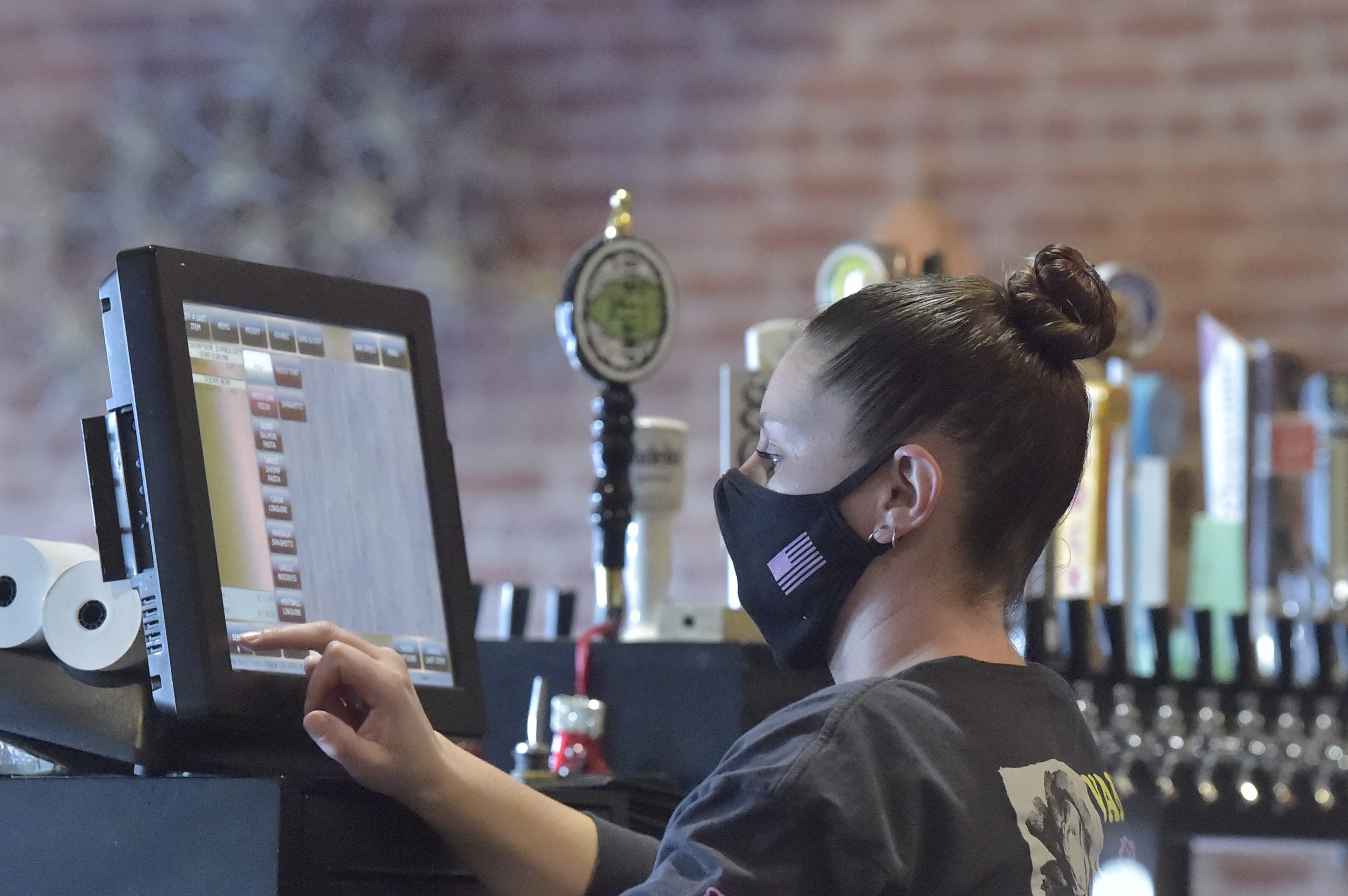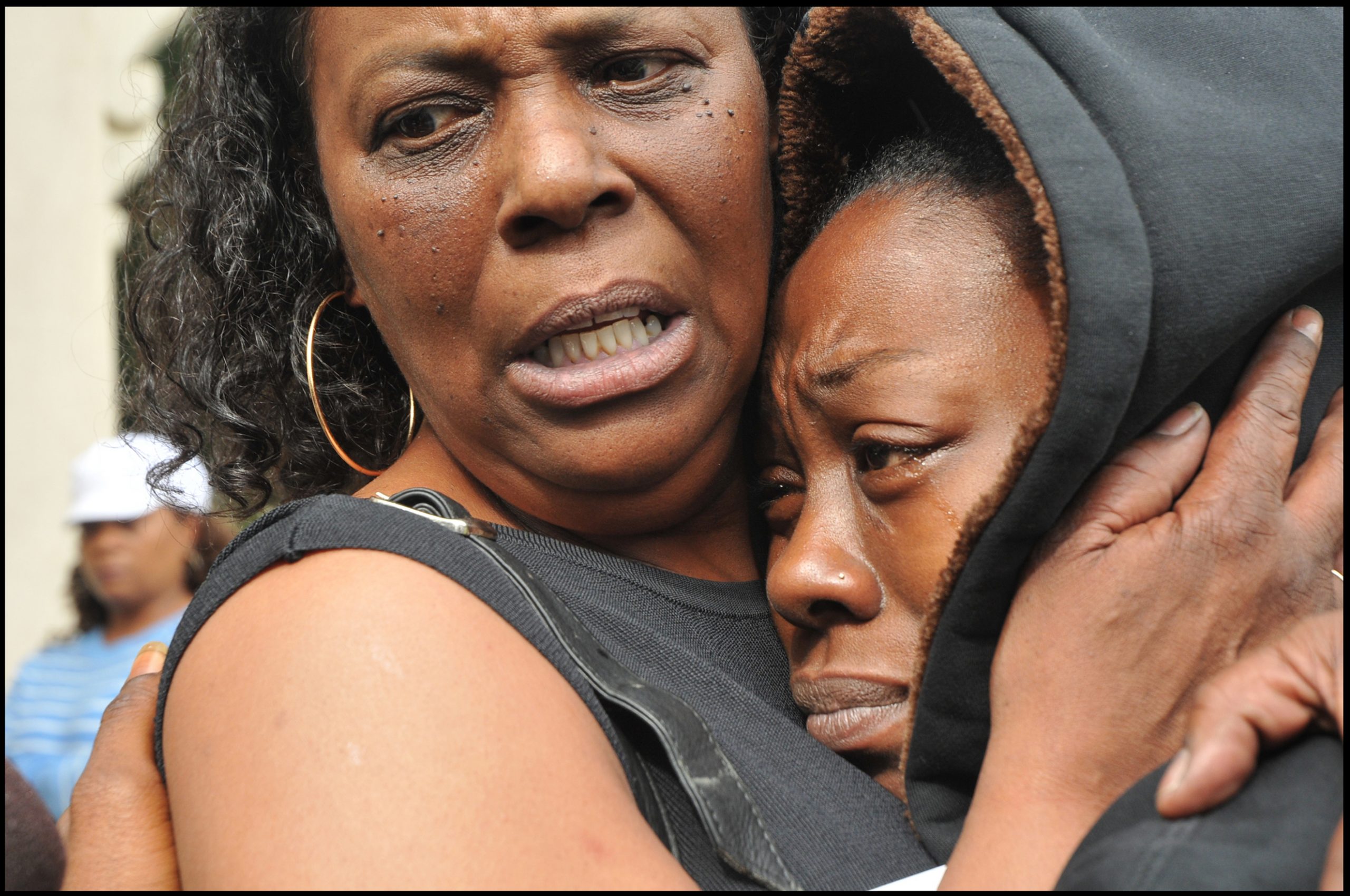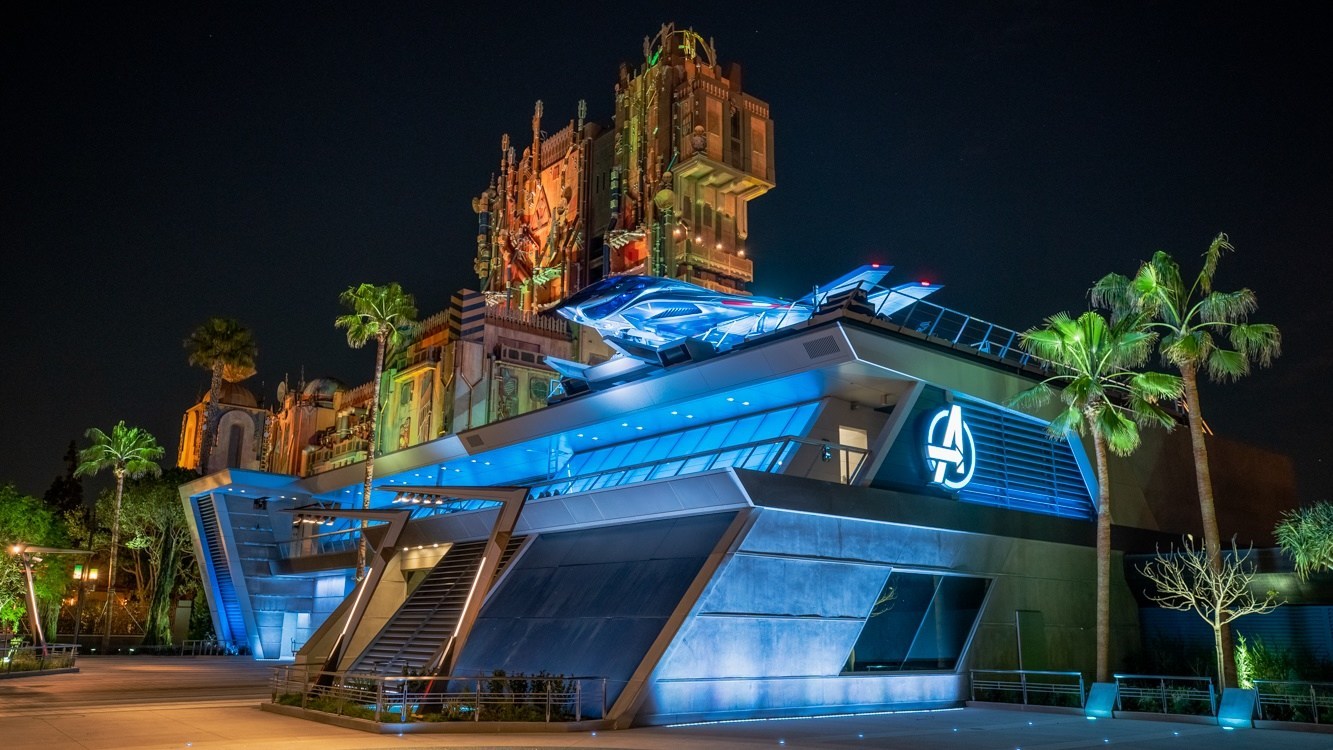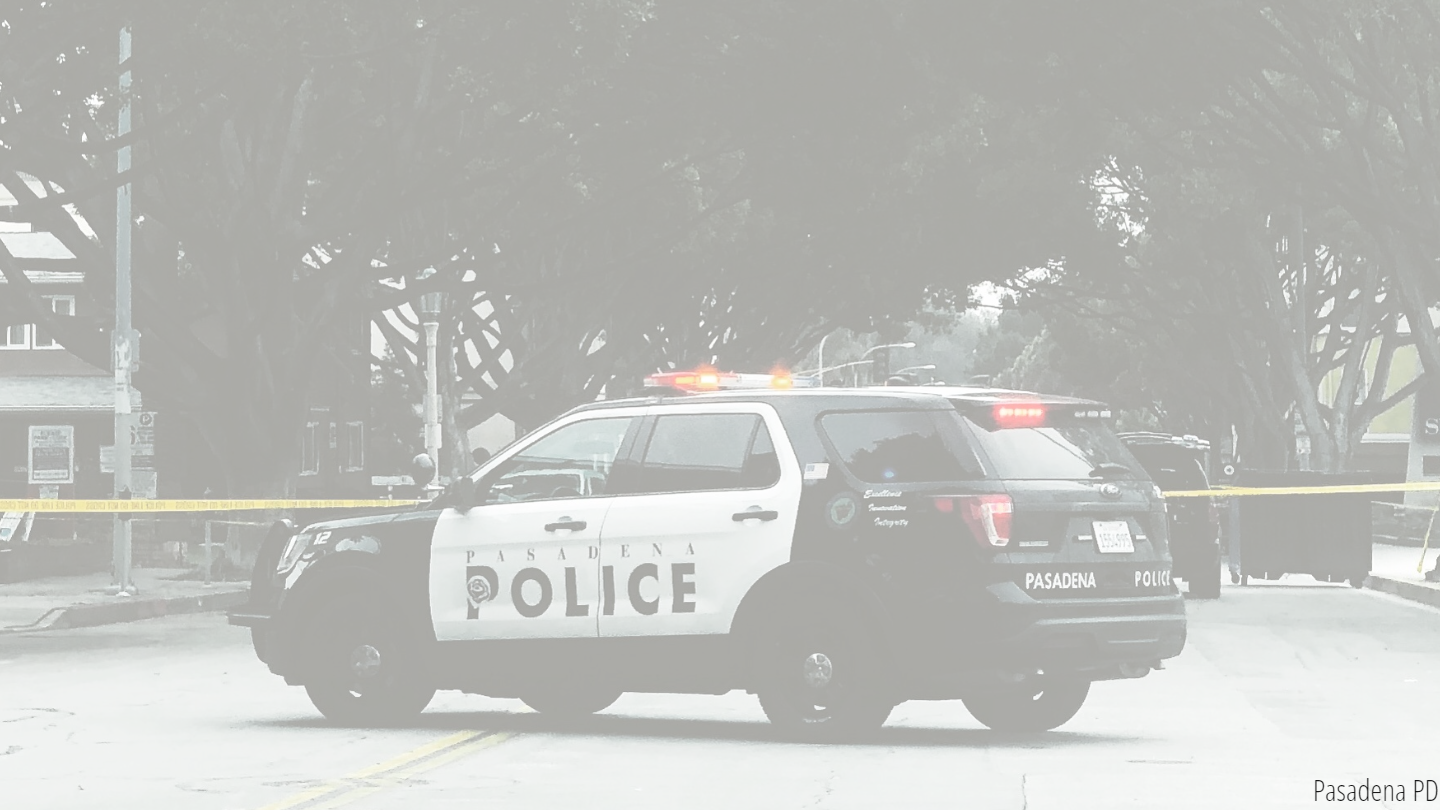This past week, President Joe Biden announced his first slate of federal judicial nominees. The list contained a diverse and seemingly brilliant set of lawyers and judges from all manner of professional backgrounds—in a welcome departure, there are not only former prosecutors and corporate lawyers, but also public defenders and civil rights lawyers. While it’s easy to say that kind of professional diversity matters on the federal bench, it’s not always clear how it might concretely change things. Luckily, just a few days before the list was released, we saw a tangible reminder of why that kind of background matters.
On March 25, the California Supreme Court issued a blockbuster decision invalidating California’s cash bail system as unconstitutional. In the United States, when someone is arrested, their release prior to their criminal trial is often conditioned on whether they can afford to make bail. Those who cannot afford to pay frequently languish in jail for months and even years. This makes the United States one of only two countries in the world in which someone can be jailed for […]
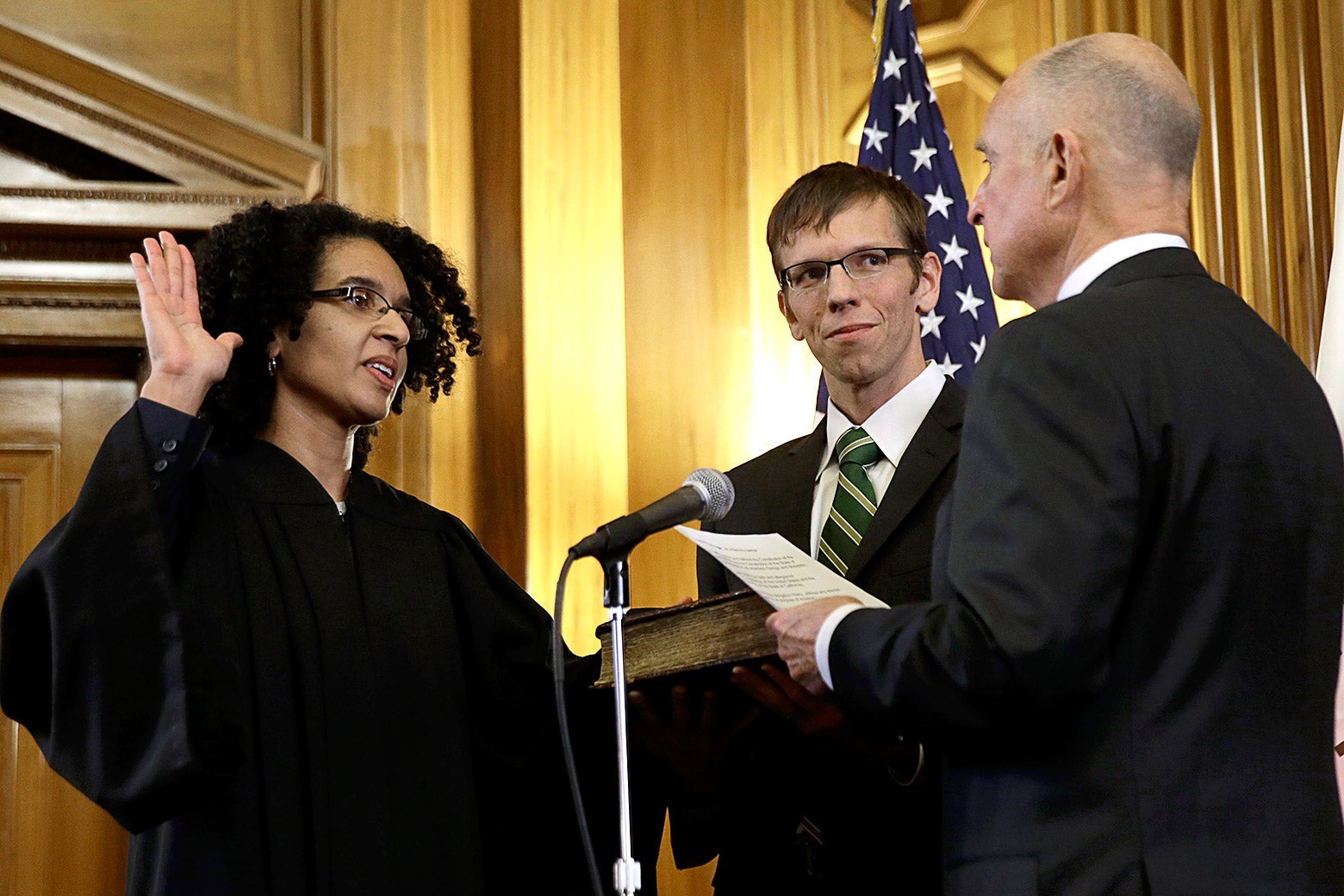

Leondra Kruger is sworn in as an associate justice to the California Supreme Court in Sacramento in 2015. | Rich Pedroncelli/AP
Add a comment


